
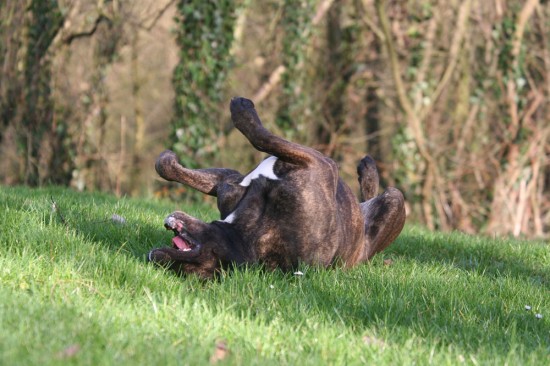
There is much more to dogs and their everyday actions than meets the eye, and the common behaviours and everyday body language that dogs exhibit say a lot more about what your dog is thinking, feeling or asking for than you might be aware of! A wagging tail or a growl may be simple to interpret, but have you ever wondered why your dog wants to lick your face, or why they have a tendency to throw themselves at the feet of certain people and wave their legs in the air? Keep reading to learn more about some of the most commonly witnessed behaviours of domestic dogs, and the secret meanings behind them!
Does your dog seem to roll over onto their back and give you the big puppy dog eyes at the drop of a hat? This is your dog’s way of showing their submission to you and demonstrating that they recognise you as their alpha and throw themselves at your mercy! Exposing the throat and stomach is a very trusting action on the part of your dog, and is their way of saying both ‘I know you won’t hurt me and I totally trust you’ and of letting you know that they are not a threat to you and yield to your dominance. Dogs will also sometimes do this as part of their play and interaction with other dogs, as a way of yielding dominance to the other party in play. So there’s much more to your dog’s exposed stomach than a simple request for belly rubs!
Your dog attempting to lick your face or that of another dog is a very detailed language in itself, and can mean many things. At its simplest, face licking goes back as a genetic memory to the time when dogs descended from wolves, and litters of wolf pups would often have to be left by the parents while they travelled considerable distances in search of food. Unlike domestic dogs, wolves sometimes consume a meal and then regurgitate it (vomit it back up) later on before it is fully digested, and this is one of the ways that wolves that had to travel considerable distances in search of food could bring something caught or scavenged safely back to the litter. Upon returning to the nest, the parent dog would regurgitate food for the litter, which prompts the pups to lick the parent’s face to request a meal.
Dogs also like to lick human skin because it tastes salty, and the taste buds in the mouth, as well as the olfactory senses, give your dog information about the scent and familiarity of the person in question. Licking is used in greeting, to show affection, and as part of bonding when used in mutual grooming.
If your dog consistently needs to be physically touching you, such as by leaning on you, putting a proprietary paw on you, or getting between you and other dogs or people, this can alternate between being sweet and annoying! These actions and the body language that accompanies them are all part of how your dog marks you as ‘his,’ rather than being a simple show of affection (although it is of course generally affectionate as well). This can indicate that your dog is viewing you as his property, and perhaps perceives himself to be in the alpha role in your relationship. This is something that you should carefully consider, and may need to address before problems arise.
Some dogs seem to have an inbuilt radar that helps them to find the nastiest, smelliest, and most rancid things around while out on a walk, such as fox poop or dead carcasses. They then take great delight in thoroughly immersing themselves in the scent and associated ‘solid matter’ by rolling about in it and generally making themselves as rank and filthy as possible. This is of course mightily unpleasant for their unfortunate owners, and can be the cause of significant annoyance!
Scientists and expert canine behaviourists believe that this behaviour comes about as a result of dogs historically having to hunt for their food, and so, needing to keep their potential prey unaware of their approach for as long as possible. Because many other animals as well as dogs rely strongly on their sense of smell to both find food and identify friends and foe, if the scent of a hunting dog were to give them away before they got close enough to make a kill, their prey would almost surely escape.
Rolling in muck, faeces, dead things and other strong-smelling nasties neatly masks your dog’s own scent and theoretically makes it easier for them to creep up on their potential prey. Some dogs seem to greatly enjoy doing this and look mightily pleased with themselves afterwards, even if the only thing they’re going to be hunting is a ball or a Frisbee!
Mouthing, or grabbing at things with the mouth, is one of the ways that dogs can attract attention, or say ‘look at me, look at this!’ Mouthing is distinctly different from nipping and biting, as it is performed without any aggression or intention to warn or cause harm, and generally simply involves gently clasping a hand or arm with the mouth, although of course some dogs have harder mouths than others! Because dogs are trained out of nipping, mouthing and biting as puppies, dogs generally only demonstrate mouthing and grabbing with the mouth as part of excited play, when they may begin to forget that certain things are not allowed as their excitement takes over.
Of course, in very rare circumstances, some very special dogs have managed to effectively use mouth-grabbing and other directional signals to advise their owners or other humans of something that urgently needs their attention- a little bit like Lassie on one of the frequent occasions when somebody was in dire need of help that only Lassie could find! Guide dogs for the blind and some other assistance dogs are actively trained to use their mouth as part of their repertoire of directing their owners or alerting people with sight or hearing disabilities of dangers or things that need their attention. This is one of the many reasons why soft-mouthed dogs such as retrievers and Labradors are so widely trained as assistance dogs!
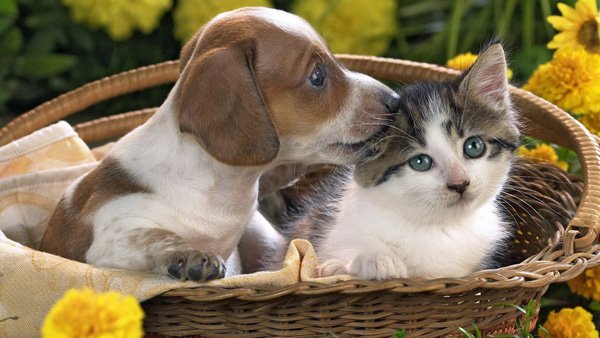 Things to Keep in Mind before Taking your Dog to a Dog Boarding Facility
Things to Keep in Mind before Taking your Dog to a Dog Boa
Things to Keep in Mind before Taking your Dog to a Dog Boarding Facility
Things to Keep in Mind before Taking your Dog to a Dog Boa
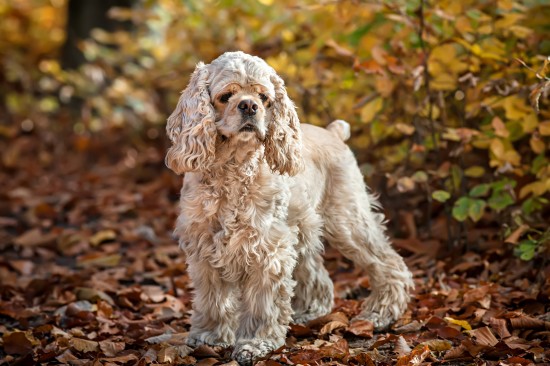 How The American Cocker Spaniel Became Recognised As A Breed In Its Own Right
How The American
How The American Cocker Spaniel Became Recognised As A Breed In Its Own Right
How The American
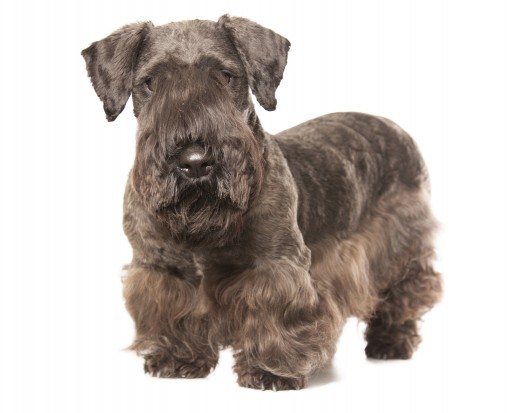 The Breed Standard And Appearance Of The Cesky Terrier
The Breed Standar
The Breed Standard And Appearance Of The Cesky Terrier
The Breed Standar
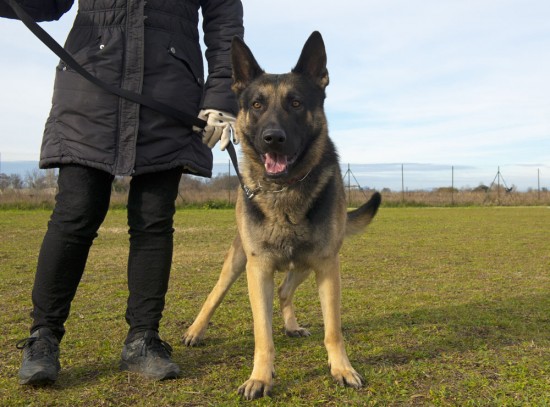 Have You Heard Of The Yellow Dog Project?
Have You Heard Of
Have You Heard Of The Yellow Dog Project?
Have You Heard Of
 Preparing Your Dog For The Arrival Of A New Baby
Preparing Your Do
Preparing Your Dog For The Arrival Of A New Baby
Preparing Your Do
Copyright © 2005-2016 Pet Information All Rights Reserved
Contact us: www162date@outlook.com